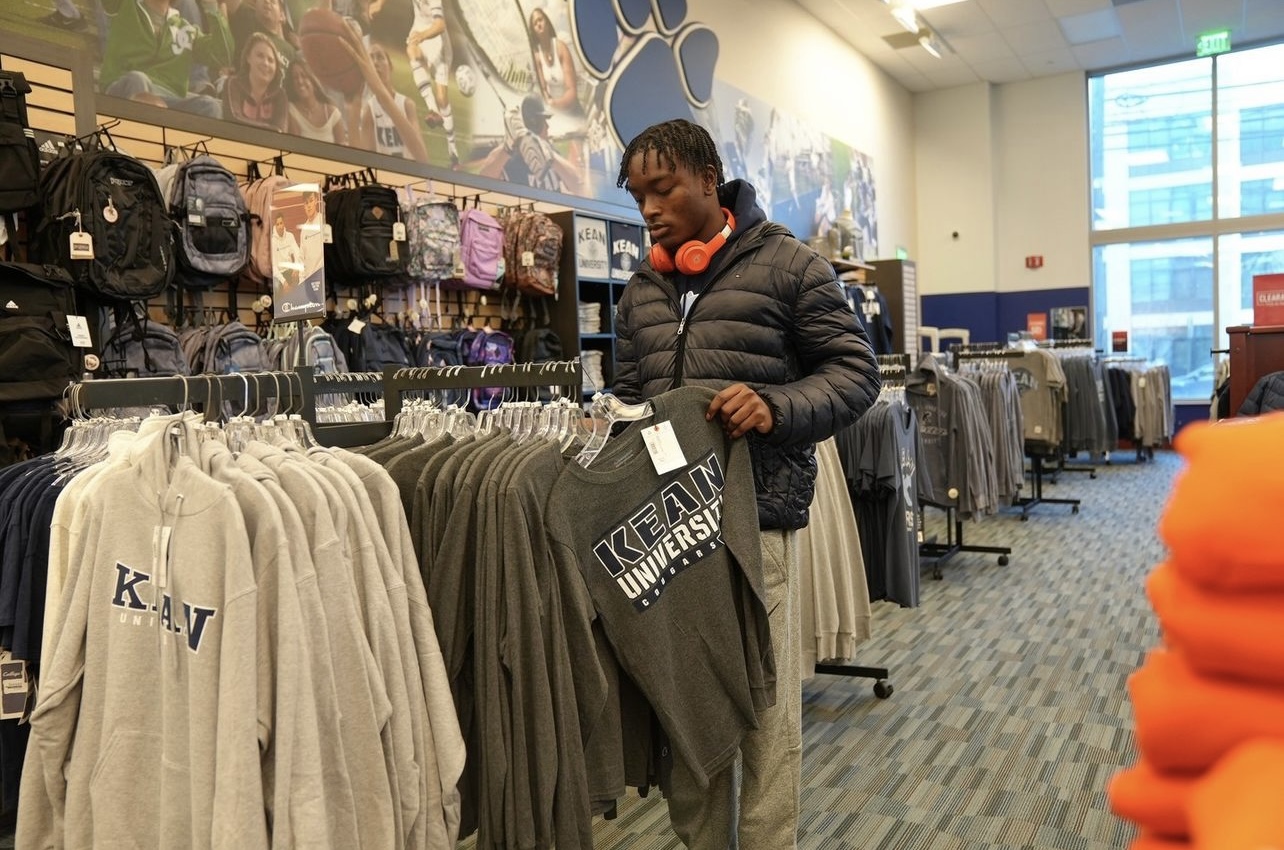By Adaora Nnakwe | Published March 3, 2022

The rising cost of living has put students on a tight budget towards their spending habits while maintaining essential expenses like groceries and gas.
While prices continue to rise, students are focusing on what they need first before buying unnecessary goods like clothing, buying coffee, and eating off campus that result in overspending. Students may find themselves in unpredictable financial situations when adjusting to the rising cost of goods and services.
Jordan Belle, a junior communication media and film major at Kean, has concerns on the impact of inflation and budgeting to make ends meet.
“Inflation has impacted me in buying my essentials like food and toilet paper,” Belle said.“I budget my money and I try my best especially when I know what things I have to buy or pay for during the week.”
Even with students budgeting their money on a weekly basis, they are finding it hard to pay for important things.
Whitney Ogara, a junior psychology major, feels like the cost of living is too expensive to save and budget at the same time while going to school.

“I have felt impacted by inflation. Everything from food to school supplies has been getting more and more expensive,” Ogara said.“Things that we need to live by day to day are slowly becoming more and more inaccessible.”
Ogara said she is worried that essential products will continue to be more expensive, making it difficult to manage the cost of living.
“Eggs, menstrual products, and textbooks are some of the things that cost the most for me right now,” Ogara said. “Honestly, I’ll try to put money aside for essentials but other than that, I’m not really budgeting because I don’t have money to budget like that.”
Students who commute to school have concerns about paying for transportation or gas every week. Allison Balka, a freshman recreational therapy major isn’t concerned about groceries since she lives at home with her parents, but is more concerned about the spending cost of gas to get to school.
“I commute to school every day and have to get gas in my car once a week and I usually spend around 30 dollars or more on gas for my car,” Balka said.

Chen Meng, Ph.D., an economics professor at Kean, explained the causes of inflation post-pandemic and what students should be concerned about in the future.
“The monetary injection from programs such as the stimulus plan during the pandemic increased the money supply in our economy and as we had more money circulating in the economy, goods, and services cost more,” Meng said.
Dr. Meng said an imbalance exists between supply and demand exaggerated by a labor shortage in certain industries that increased wages and production costs. The Federal Reserve has been increasing the interest rate to slow down spending.
“Economic expansions and recessions are regular and cyclical in history, especially as we have just experienced the global-level pandemic,” Dr. Meng said.
“…Although the future depends on different factors like economic policies, market conditions, and global events, eventually our economy will recover. It is always a good idea for students to be aware of economic trends and potential impacts on their financial situation.”

You must be logged in to post a comment.